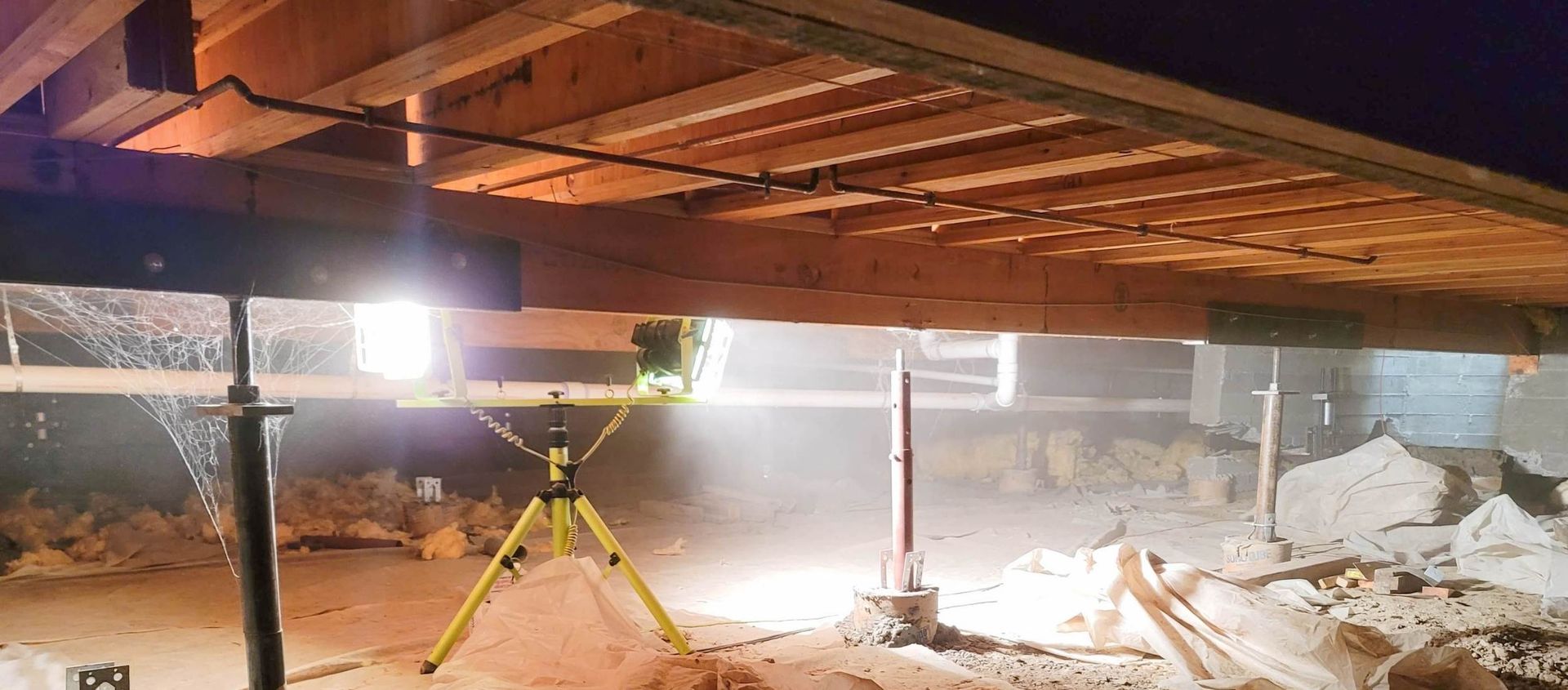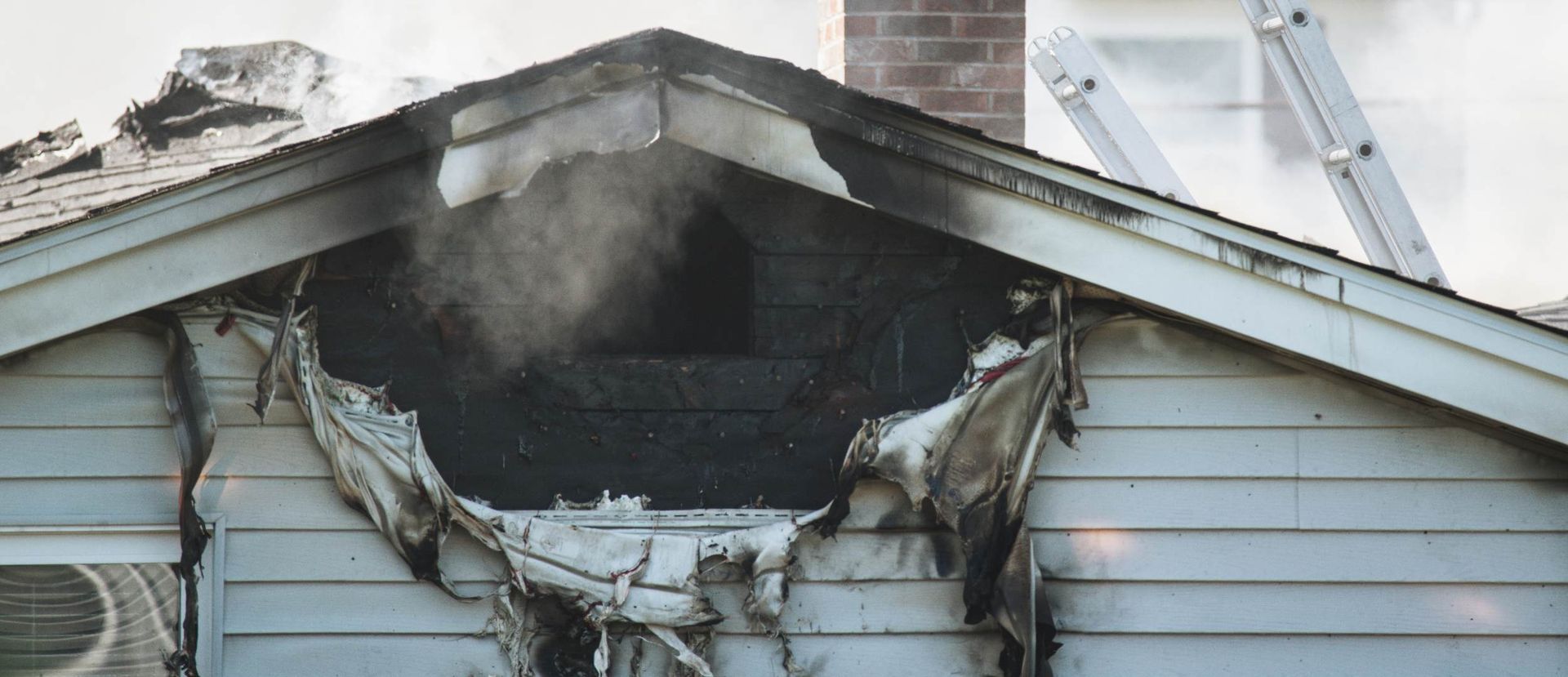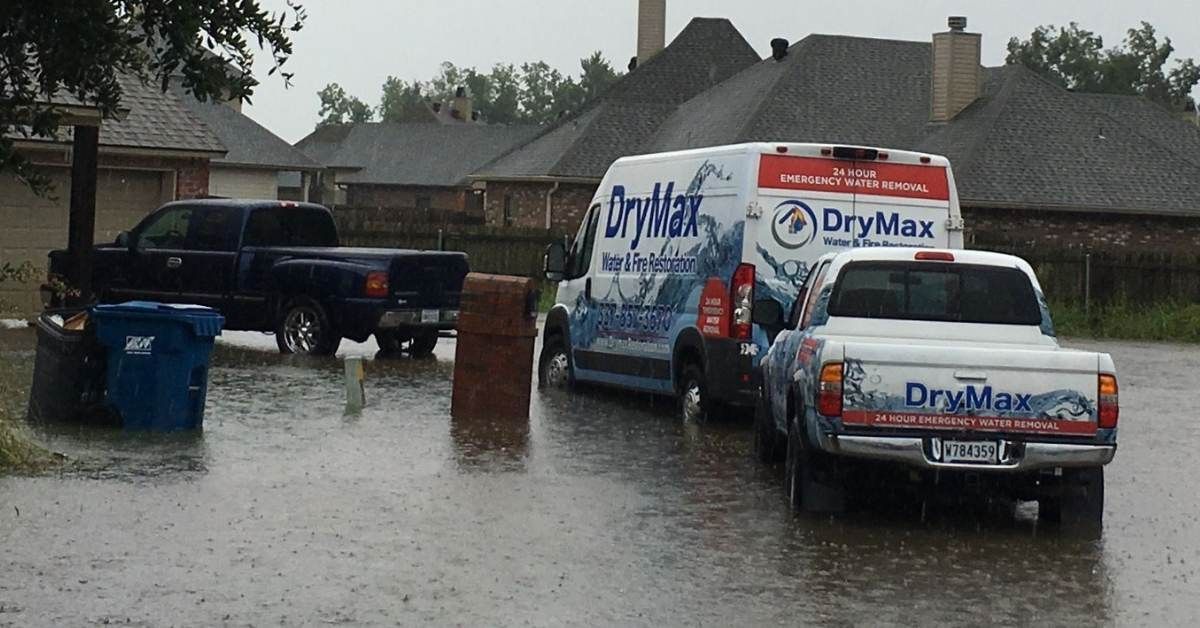Avoiding Basement Moisture In Louisiana
Tips For Preventing Basement Moisture
Homeowners in Louisiana have the power to prevent basement moisture. Let’s take a look at some tasks you can add into your maintenance routine to prevent water damage and mold growth by keeping your basement dry:
Regular Foundation Maintenance: A compromised foundation can lead to an array of issues throughout not only your basement, but throughout the entire building structure. In order to efficiently minimize moisture in your basement, routine foundation maintenance checks should be conducted at least twice a year. Cracks and gaps in the foundation, big or small, can cause severe water damage. Signs of foundation damage need to be addressed as soon as possible.
Maintaining Gutters & Downspouts: You may not realize it, but your gutters and downspouts play a critical role in protecting your basement from water intrusion and moisture damage. The role of the gutters and downspouts is to direct water down and away from the home, ensuring that it doesn’t pool around the foundation of your home, leaving it vulnerable to water intrusion. In order for gutters to do their job correctly, they need to be clean and free of debris so that water can flow freely.
Humidity Control: Indoor humidity is one of those aspects of homeownership that can easily be overlooked. Elevated humidity in your basement can lead to moisture issues and, over time, mold development. Basements can often experience limited air circulation, which leaves any water vapor and humidity in the air with nowhere to escape. This moisture can collect within porous building materials, especially in an unfinished basement. Indoor humidity levels should stay between 35% and 50% in any area of the home. In extreme cases of humidity in your basement, the use of a dehumidifier may be beneficial.
Proper Grading & Drainage: The area surrounding your property should slope slightly downward so that water is directed away from the foundation of your home. Improper grading and drainage can lead to water buildup around your foundation walls, allowing water to seep into your basement. If your basement is especially prone to leakage, you may want to consider employing the use of a sump pump or another form of drainage to minimize moisture in this area as much as possible. A properly installed drainage system will allow you to collect and divert water out and away from your foundation and basement.
Address Maintenance Concerns ASAP: Checking regularly for leaks, cracks, or other signs of damage in your basement will help you to stop moisture damage in its tracks. Your foundation walls, floor, pipes and ceiling for any signs of damage and address any issues immediately. You should also be checking HVAC components and plumbing systems for leakage or condensation. The more aware you are of potential damage, the sooner you will be able to repair it before it does too much damage.




